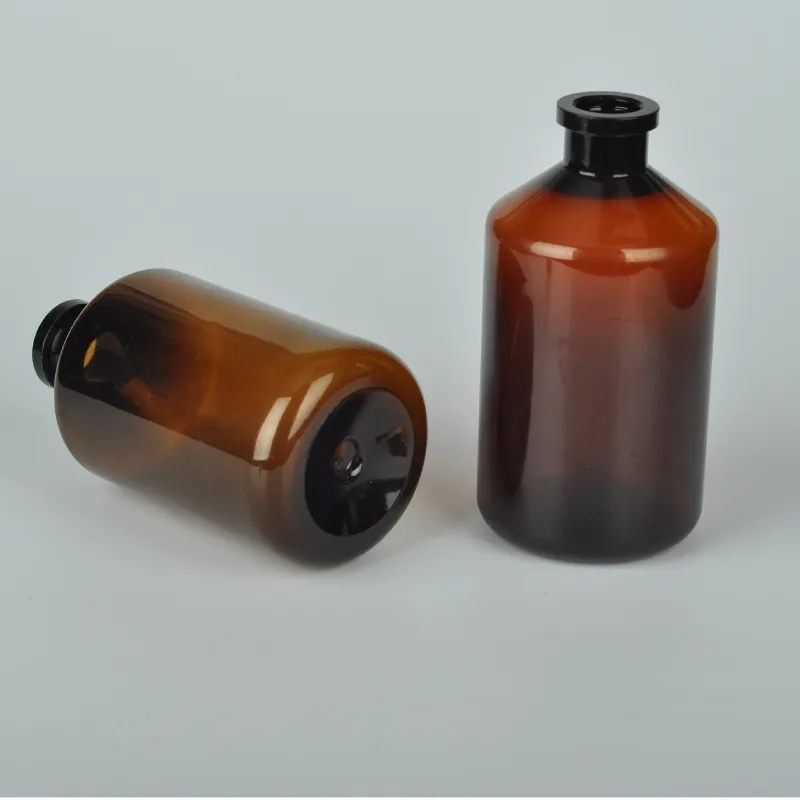Essential Supplies for Microbiology Laboratory Research and Experiments
Essential Microbiology Lab Supplies A Comprehensive Guide
Microbiology, the study of microorganisms including bacteria, viruses, fungi, and protozoa, is a fundamental branch of biological sciences that has extensive applications in medical, environmental, and industrial fields. To effectively conduct research and experiments in this discipline, a well-equipped microbiology laboratory is essential. The selection of appropriate lab supplies not only ensures accurate results but also enhances safety and efficiency. This article outlines some of the critical supplies needed in a microbiology lab.
1. Basic Laboratory Equipment
A microbiology lab starts with fundamental equipment that facilitates various experimental procedures. Key items include
- Incubators These are vital for growing cultures at specific temperatures. Different types of incubators, like CO2 incubators or shaking incubators, serve various experimental needs.
- Autoclaves Sterilization is crucial in microbiology to prevent contamination. Autoclaves are used for sterilizing culture media, glassware, and other equipment using high-pressure steam.
- Biosafety Cabinets To ensure a safe working environment, especially when handling pathogens, biosafety cabinets provide a sterile workspace that protects both the user and the cultures.
- Refrigerators and Freezers These are necessary for storing sensitive materials such as bacterial strains, culture media, and reagents that require specific temperature conditions.
2. Culture Media and Plates
Culture media are substances that provide essential nutrients for microbial growth. The choice of media varies based on the type of microorganism being studied
- Agar Plates Petri dishes filled with agar gel serve as a solid medium for isolating and cultivating microorganisms. Nutrient agar, sabouraud agar, and blood agar are commonly used types, each tailored for specific microbial needs.
- Broth Media Liquid media such as Luria-Bertani (LB) broth are perfect for growing bacteria in suspension and facilitating large-scale cultivation.
- Selective and Differential Media These specialized media allow for the isolation of specific microorganisms by inhibiting the growth of others or providing distinct color changes based on metabolic activities, respectively. Examples include MacConkey agar for gram-negative bacteria and mannitol salt agar for staphylococci.
Inoculation tools are critical for transferring microorganisms without contamination
microbiology lab supplies

- Inoculating Loops and Needles These tools are used to streak agar plates or transfer cultures from one medium to another. They are often made of metal or plastic and can be sterilized by flame or disposable.
- Pipettes and Micropipettes Precision in liquid transfer is crucial in microbiology. Pipettes and micropipettes allow researchers to accurately measure and transfer small volumes of liquids.
4. Microscopy Supplies
Microscopy is a cornerstone of microbiological research, enabling the visualization of microorganisms.
- Light Microscopes Essential for routine examinations, these microscopes allow scientists to observe the morphology and arrangement of microbial cells.
- Phase Contrast and Fluorescence Microscopes For more advanced imaging, these microscopes provide enhanced contrast and the ability to visualize specific components within cells using fluorescent markers.
- Microscope Slides and Coverslips These provide the necessary surfaces for specimen preparation and observation.
5. Personal Protective Equipment (PPE)
Safety in the microbiology lab cannot be overstated. Proper PPE includes
- Lab Coats Protects clothing and skin from contaminants.
- Gloves Disposable gloves prevent contamination during experiments and protect the researcher from harmful substances.
- Safety Goggles and Face Shields Essential for protecting the eyes and face from splashes and other hazards.
Conclusion
In conclusion, a microbiology lab requires a range of specialized supplies to effectively study microorganisms. From basic equipment like incubators and autoclaves to specific items such as culture media and inoculation tools, each piece plays a pivotal role in research and experimentation. Ensuring that these essential supplies are available and properly maintained is crucial for advancing our understanding of microbiological processes and their applications across various fields. As the demand for microbiological research grows, ensuring laboratories are well-equipped remains a top priority for scientists worldwide.
-
Aesthetic Makeup Spray Bottles | Fine Mist Empty RefillableNewsAug.19,2025
-
White Plastic Veterinary Vaccine Vials | Lab Liquid BottlesNewsAug.18,2025
-
Plastic Medicine Liquid Bottle: Secure Flip Top Drug VialsNewsAug.17,2025
-
Durable 250ml Blue Plastic Vaccine Vial for Lab & Vet UseNewsAug.16,2025
-
Sterile Virus Sample Tubes: Secure & Reliable Specimen CollectionNewsAug.15,2025
-
White 250ml Plastic Vaccine Vial for Lab & Vet MedicineNewsAug.14,2025
























